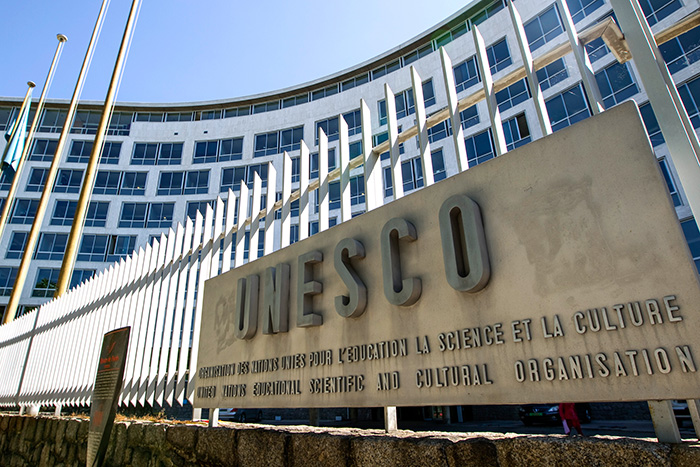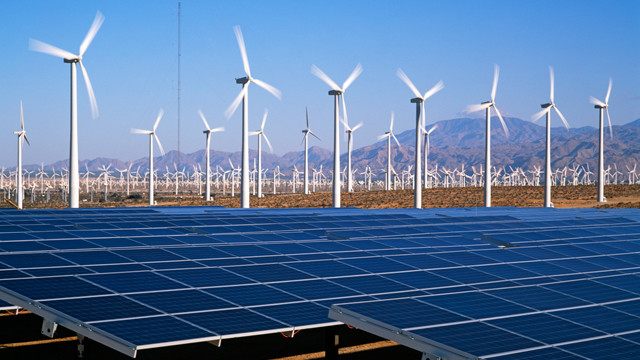Egyptian non-oil private sector activity contracted in April, continuing a 17-month deterioration as the Ukraine crisis added to price increases, a survey showed on Sunday.
The S&P Global Egypt Purchasing Managers' Index improved to 46.9 from March's 46.5, but still remained below the 50.0 threshold that separates growth from contraction.
"Whilst easing fractionally from March, the downturn was still the second-quickest in just under two years as firms often reported making cut-backs due to rising input costs," S&P Global said.
Higher global food and raw materials prices continued to cause sharp decreases in output and new orders, but at a slightly slower pace, with the sub-index for overall input prices climbing to 58.3 from 58.6 in March and that for purchase costs rising to 58.8 from 59.1.
"Cost pressures largely arose from increased prices for energy and raw materials due to the war in Ukraine," S&P Global said.
"Many panellists also commented on a recent devaluation of the Egyptian pound. Despite softening marginally, the rate of overall input price inflation was strong and remained above the average seen in 2021."
The central bank allowed the pound to weaken by 14% against the dollar on March 21 after having kept the currency virtually steady for the previous 18 months.
Output and new orders in April extended a months-long contraction, although the output index, at 45.3, was slightly better than the 44.6 recorded in March. The index for new orders improved to 45.3 from 45.1.
The sub-index for future output expectations improved to 57.7 from 52.5 in March, when it was at its lowest since it was first included in the survey 10 years ago. The April figure was still the third lowest in a decade.
"The continuation of the war in Ukraine meant that firms expect further price and supply challenges, resulting in another relatively downbeat outlook for business activity," said S&P Global economist David Owen.
Source: Reuters






